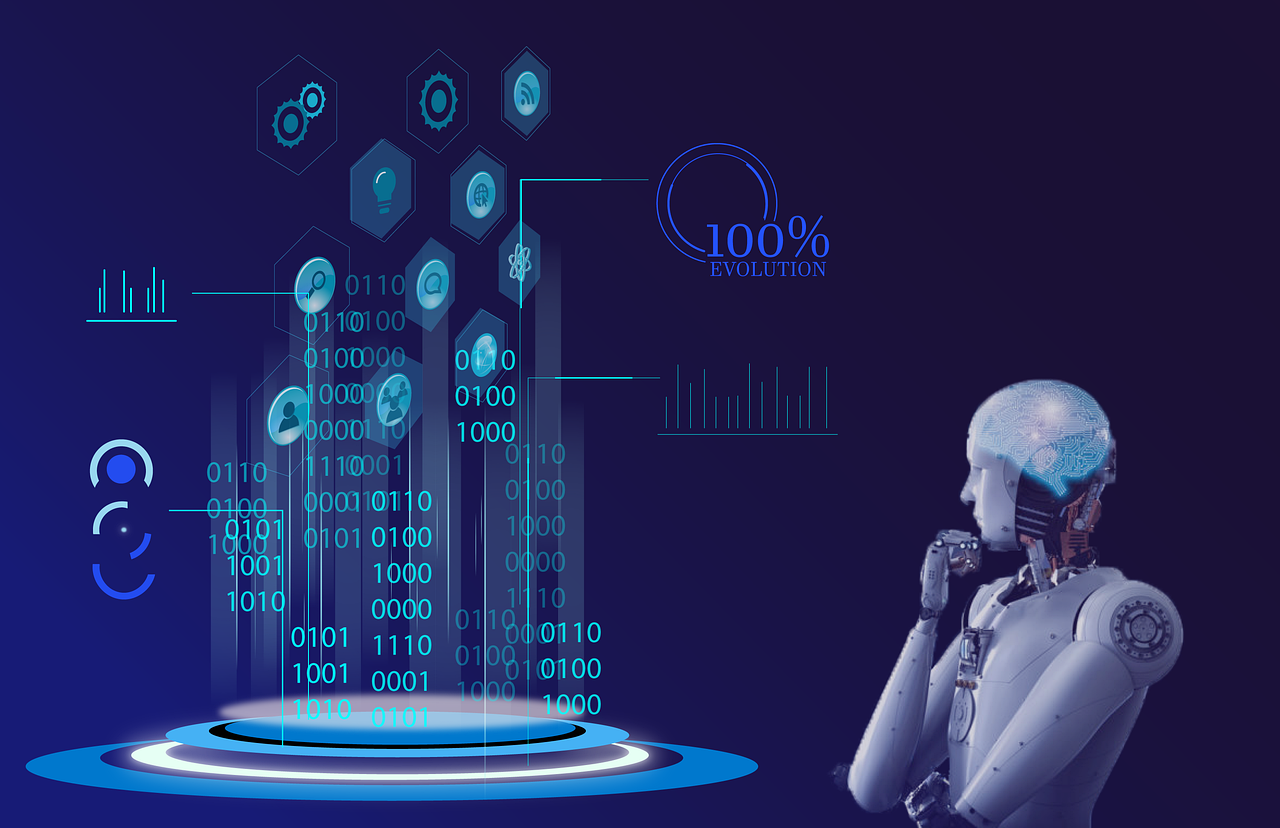The UAE is the first in the world to use artificial intelligence to write laws
21 April 19:37
The United Arab Emirates has announced a revolutionary plan to use artificial intelligence to write new legislation and revise existing laws. This is the most radical attempt by the state to implement the technology in which it has invested billions of dollars, "Komersant Ukrainian" reports citing the Financial Times.
The new system, called “AI-based regulation,” surpasses all existing global analogues, researchers say. While other governments are trying to use AI to improve efficiency, from summarizing bills to improving public services, none are actively using it to analyze government and legal data and amend existing legislation.
“This new legislative system powered by artificial intelligence will change the lawmaking process, making it faster and more accurate,”
– said Sheikh Mohammad bin Rashid Al Maktoum, Ruler of Dubai and Vice President of the UAE.
Last week, ministers approved the creation of a new cabinet unit, the Office of Regulatory Intelligence, to oversee the introduction of AI into the legislative process. According to the government, the use of AI should speed up lawmaking by 70%.
Abu Dhabi is actively investing in AI and last year launched a specialized investment fund, MGX, which backed a $30 billion BlackRock fund for AI infrastructure. MGX also added an AI observer to its board of directors.
The UAE plans to use artificial intelligence to track the impact of laws on the country’s population and economy by creating a massive database of federal and local laws, along with public sector data such as court decisions and public services.
“AI will regularly offer updates to our legislation,”
– Sheikh Mohammad emphasized.
Читайте нас у Telegram: головні новини коротко
Expectations and caveats
However, researchers note that the system may face many challenges and pitfalls. They range from the lack of transparency of AI’s work for users to biases caused by training data and questions about whether AI interprets laws in the same way as humans.
“We cannot fully trust them. While AI models are impressive, they continue to hallucinate, have reliability and sustainability issues,”
– warns Vincent Straub, a researcher at the University of Oxford.
The UAE’s plans are particularly innovative because they envision using AI to predict necessary changes in legislation, which could potentially save legal fees.
“They seem to be taking a step forward… from seeing AI as an assistant, a tool that can help, categorize and compile, to one that can actually predict and anticipate,”
– Straub added.
Cregan McBride, a lecturer at the Oxford Internet Institute, noted that it is easier for the autocratic UAE to implement large-scale government digitalization than for democratic countries:
“They can move quickly and experiment with different approaches.”
At the same time, the researchers emphasize that setting limits for AI and human oversight will be crucial in this process, as the system may come up with something “really weird” that “makes sense to a machine” but “may not make sense at all to implement in a human society.”
Читайте нас у Telegram: головні новини коротко
Artificial intelligence: background
Artificial intelligence (AI) is a branch of computer science that deals with the creation of systems capable of performing tasks that normally require human intelligence. This includes functions such as image, speech, and text recognition, decision making, language translation, and information generalization. Modern AI systems are based mainly on machine learning methods, especially deep learning using neural networks that are trained on large data sets.
In recent years, artificial intelligence has become an integral part of many areas of life, from personal assistants in smartphones to medical data analysis systems and autopilots in transportation. AI is divided into “narrow” (or specialized) AI, which is created to solve specific tasks, and “general” AI, a theoretical concept of a system that could perform any human-level intellectual tasks. Currently, all existing AI systems belong to the category of narrow artificial intelligence.
The development of artificial intelligence poses both enormous opportunities and serious challenges for humanity. On the one hand, AI can help solve complex problems in medicine, science, ecology, and other industries. On the other hand, there are ethical, security, and socioeconomic issues related to labor automation and the possible use of AI for harmful purposes. Therefore, the development of artificial intelligence is accompanied by efforts to create appropriate regulatory frameworks and ethical principles.









